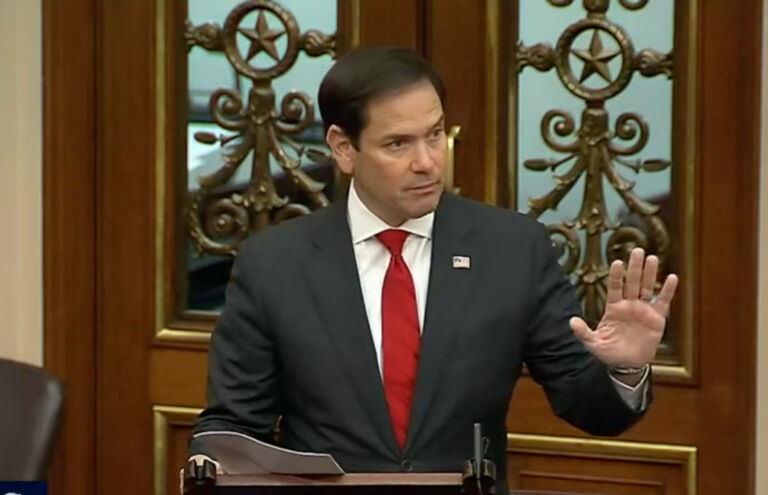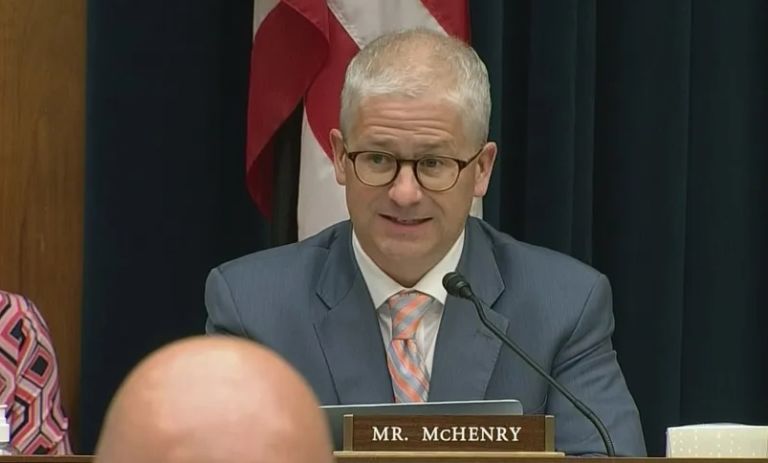David Sivak writes for the Washington Examiner about Republican senators’ efforts to scale back the Democratic leader’s power.
Chuck Schumer (D-NY) has incredible power as the Senate’s majority leader. He sets the floor schedule and can single-handedly kill legislation by not bringing it up for a vote.
Yet Senate Republicans are testing the limits of that power as they exploit obscure laws, and Democrats’ threadbare majority, to thwart Schumer’s ability to stop the GOP’s legislative agenda.
Last week, Republicans forced President Joe Biden to issue the first veto of his presidency, and on Wednesday, the Senate passed a resolution that will draw his second.
Both measures took aim at new regulations from the Biden administration, one on protections for waterways and another allowing environmental, social, and corporate governance, or ESG, factors to be considered by retirement fund managers making investment decisions.
Their passage marks a new strategy by congressional Republicans to use “privileged” resolutions, which cannot be filibustered, to force votes on legislation Schumer would never schedule himself.
Their biggest victory came earlier this month on one such measure — a “disapproval resolution” to undo the District of Columbia’s new criminal code, which lowered penalties for offenses ranging from homicide to carjackings.
The vote put Democrats in the uncomfortable position of deciding whether or not to defend Washington, D.C.’s autonomy and risk being labeled as soft on crime ahead of the 2024 elections.
Biden backed down from his opposition to the measure, opening the floodgates for Senate Democrats to vote with Republicans.
Biden had deja vu this week when another Republican priority, ending the national emergency declaration for COVID-19, passed the Senate in a landslide over his earlier opposition. …
… [T]he GOP’s tactics have also created problems for Schumer. Not only are Republicans undermining his say over what gets brought up for a vote, but at least one senator is forcing him to spend valuable floor time approving the nominations of military personnel.


